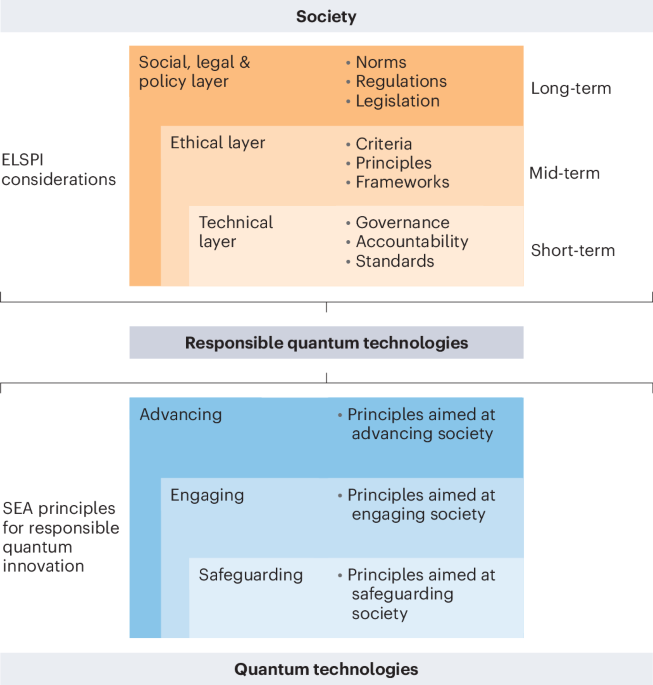
- Select a language for the TTS:
- UK English Female
- UK English Male
- US English Female
- US English Male
- Australian Female
- Australian Male
- Language selected: (auto detect) - EN
Play all audios:
World markets plummeted, then surged, following the surprising outcome of a national vote that—at least momentarily—caught investors flat-footed. Now, markets are trying hard to gauge how
the political uncertainty will play out in the long term. Sound familiar? The scenario describes Donald Trump's big electoral victory this week, but it also fits the bill of another
political earthquake that took place earlier this year. Many have compared Trump's win, and the market's head-spinning volatility, to the United Kingdom's vote to exit the
European Union (which Trump himself once predicted). Trump tweet "This was like a Brexit, but it was an American Brexit —it was faster, it was stronger, and it's more robust,"
Dennis Davitt, managing director at Harvest Volatility Management, told CNBC this week. Interestingly, both market bounces can be explained by investment managers' quest for
impressive, or at least passable, performance. "As the market moves higher, even if you think the market's going to go to zero next year, you've got to be in, because you care
about your performance," Matt Maley, equity strategist and technical analyst at Miller Tabak, told CNBC's "Trading Nation" this week. "Whether you're behind
and you're trying to play catch-up, but even if you're ahead, you've got to stay ahead of the market," he added. Managers who have lagged the market in a given year tend
to have a tough time convincing clients that they continue to deserve their fees. And when stocks drop, they may spot a golden opportunity to play catch-up. Last week, the Dow Jones
Industrial Average managed to rise more than 5 percent on the week, for its best weekly performance in nearly five years. The benchmark hit an all-time high on Thursday. Interestingly, the
post-election bounce is not entirely unusual. "U.S. equities are following the playbook of close elections we have noted previously: a building risk premium in the run up to; and a
rally after," Deutsche Bank chief global strategist Binky Chadha wrote in a note this week. He added that growth could continue, and the Index could rally 4 to 8 percent, in line with
historical "post close election pattern." Indeed, volatility expectations fell considerably after spiking in the week prior to the election. Davitt noted how "wrong" the
options market and some experts were in forecasting the U.S. election's eventual. "Volatility spiked, but volatility going into the election kind of came off," Davitt said.
Going forward, however, Maley is cautious. After a post-election bounce that may have been juiced by performance anxiety, he recommends staying "nimble" in the near-term.
"Next week should be a VERY, VERY important week," Maley wrote in a Friday note to clients. "If the market can hold up well...and if certain issues like the ones facing the
emerging markets lead investors towards U.S. assets...we could still see more upside movement between now & the end of the year." In that case, the market's performance fear
will only increase, Maley added — particularly with the end of the year so close at hand.







